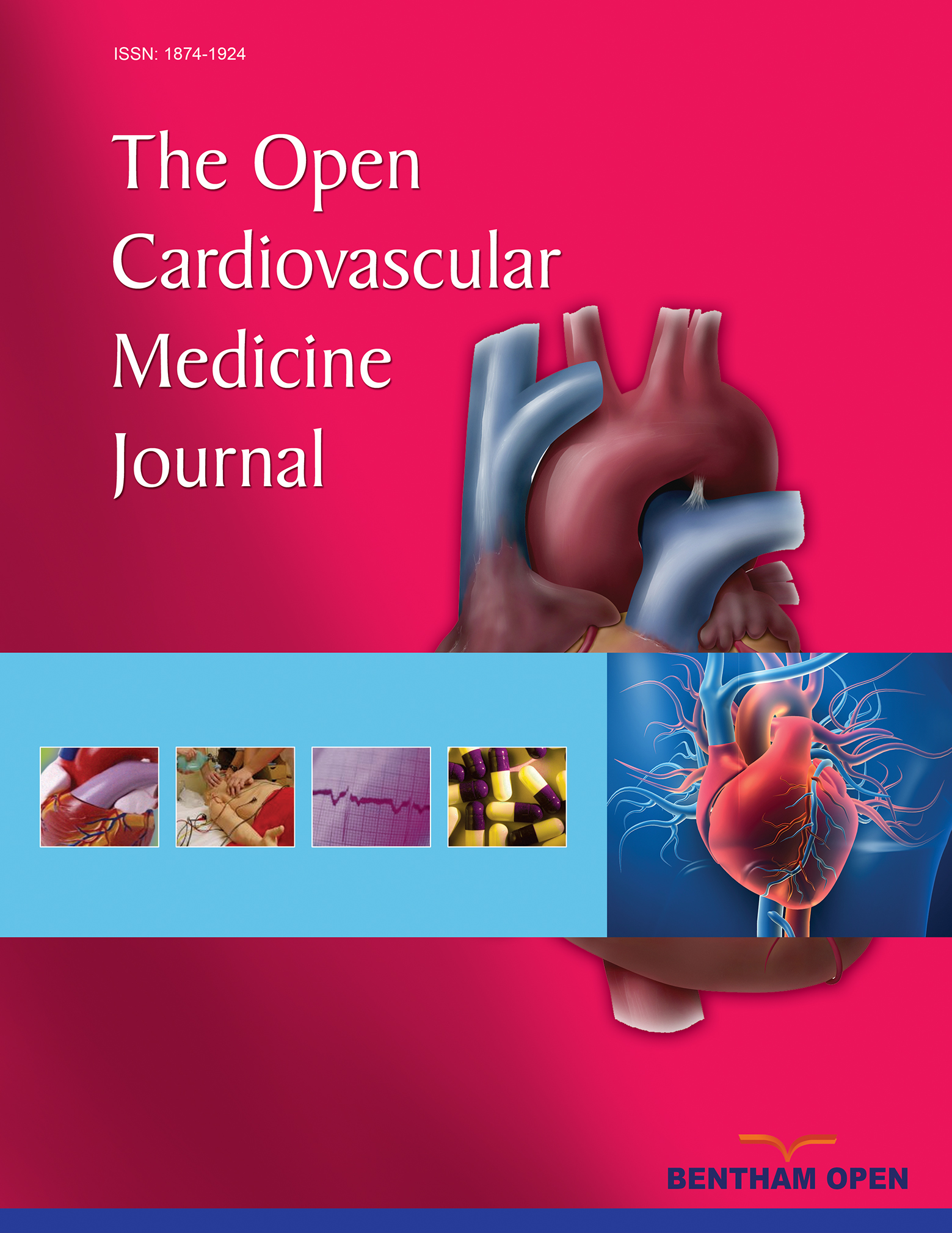All published articles of this journal are available on ScienceDirect.
Successful Direct Adsorption of Lipoproteins (DALI) Apheresis During Pregnancy in an Omani Woman with Homozygous Familial Hypercholesterolemia
Abstract
We report our experience with Direct Adsorption of Lipoproteins (DALI) apheresis in an Omani pregnant woman affected by homozygous familial hypercholesterolemia. To the best of our knowledge this is the first successful pregnancy treated with DALI apheresis.
The patient had a history of coronary artery disease, supra-aortic valvular stenosis and severe carotid artery disease with right carotid artery stenting. She was on a regular biweekly DALI apheresis since 2008. In May 2013, she became pregnant and rosuvastatin and ezetimibe were stopped while she continued on DALI apheresis biweekly. This treatment during pregnancy was successful with no major complications. The average low-density lipoprotein cholesterol reduction during therapy was 50%. She spontaneously delivered a healthy male infant (2,400 g) at 37 weeks. We showed that DALI apheresis therapy was safe during pregnancy with a good outcome for both mother and neonate.


